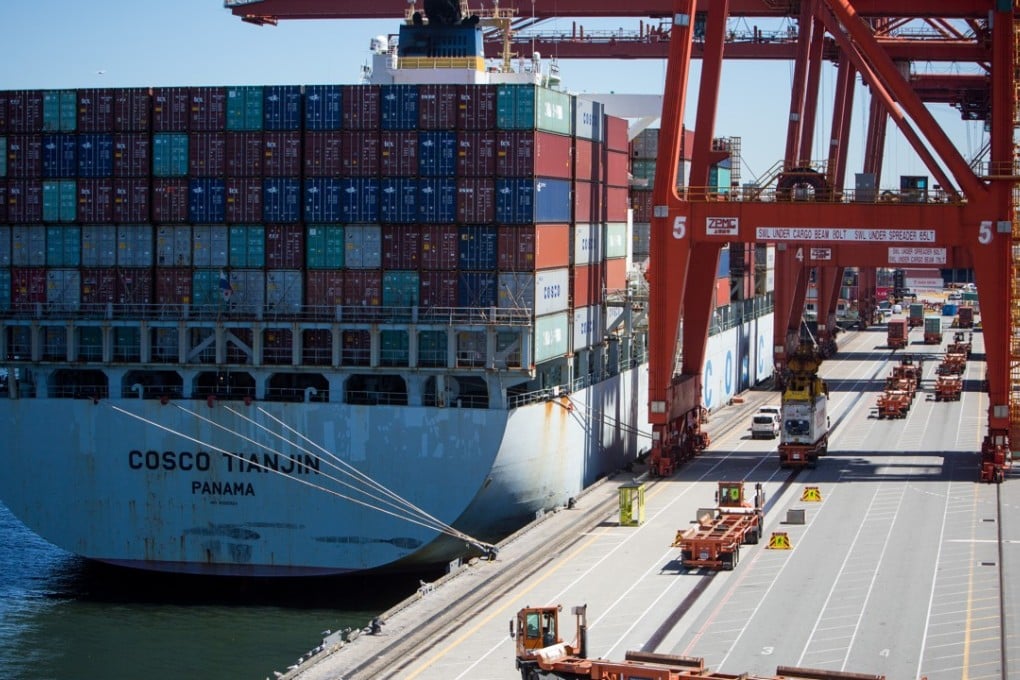World’s largest ship lessor Seaspan gets fresh funds as new shareholder Fairfax doubles down on investments
With new shareholder Fairfax, Seaspan said it is ready for growth from increasing China trades under belt and road plan, offsetting risks from US China trade war

Seaspan, the world’s largest independent lessor of container ships, said its new shareholder will double down on its investments and inject a combined US$1 billion into the Hong Kong-based company, giving it the financial fire power to modernise, expand and invest in new businesses as global trade slowly claws its way out from a decade-long slump.
Fairfax Financial Holdings, the Canadian investment company, on Thursday announced that it would invest an additional US$500 million of equity in Seaspan through exercising two tranches of warrants. That comes on top of an earlier US$500 million invested through the purchase of Seaspan’s debentures.
The combination of the two exercises means an infusion of fresh capital, as Fairfax’s 50 per cent owner Prem Watsa, who’s often mentioned in the same breath in Toronto as Warren Buffett, replaces the Washington family as largest owner of Seaspan.
“We see a lot of growth opportunities such as from our biggest customer COSCO, which is at the forefront of carrying out China’s historical mission in making investment” through the maritime routes along the old Silk Road from China to Europe, said Seaspan’s president and chief executive Chen Bing, during an interview in Hong Kong.
An estimated US$1 trillion of goods were traded last year between China and the economies along the route of the ancient Silk Road, dubbed Belt and Road Initiative by the Chinese government. That’s larger than the US$640 billion of bilateral commerce between the US and China, the two largest economies on the planet.
That amount of trade allows China’s economy to be “well hedged” against any disruptions in the event of a worsening trade relations with the US, Chen said. The two economies are currently engaged in a tit-for-tat tussle, threatening to impose tariffs on each other in a dispute over the trade gap between them.